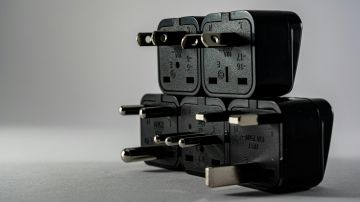When it comes to purchasing heavy equipment, such as tractors, loaders, or backhoes, there are financing options. Although at first, it is an overwhelmingly substantial purchase, every farmer or business owner understands the versatility and vitality of this large piece of equipment. It is essential to review your financial options before making a final decision that your new or used piece of heavy equipment continues to be an asset.
There are two primary paths when it comes to financing heavy equipment, capital leases and lease-to-own options. Firstly, a capital lease will allow owners to keep the equipment and its debt off their books while allowing you to own the equipment in the end. You keep debt off your balance sheet and own equipment in the end, and once you own it, the original owner no longer has liability. If you work in an industry in which the work is not rapidly changing, and you may not be looking for another John Deere compact utility tractor for sale for several years after, purchasing one now in the long-term is an attractive option.

Then, it is also essential to explain the lease-to-own structure into which companies can similarly purchase heavy equipment. However, in a lease-to-own structure, a company is able to defer a purchase decision until the loan process is complete. When a company does this, they can take advantage of low payments and “off-balance-sheet” equipment, which protects them when technology continues to change in their industry. If there are changes in business structure, product demand, or technology as a whole, the equipment can be returned without penalty or substantial fees.
When you purchase equipment with companies such as Washington Tractor or 4 Rivers, you work directly with salespeople and are able to understand your financing options. However, there are financing options beyond the basics. Beyond standard equipment, you can work with a finance company that specializes in equipment financing rather than the equipment seller, and they may have additional elements such as ERP systems, transportation costs, software implementation, installation of electrical work, and more tacked on.
Financiers often offer the option of more flexible finance structures or progress payments for companies in case they can pay off equipment faster, or that they cannot. Progress payments streamline the process of purchasing equipment and work directly with vendors to pay off costs upfront. However, finance provides more flexibility for those who need it as far as loan structuring, interest rates, and more. This may depend on the down payment or current credit standing. Still, it is crucial to speak to each business or financial institution about their individual terms and conditions regarding equipment.
When it comes to financing heavy equipment, it is essential to look over your options and understand your financial situation before making a final decision. Ask around to friends and colleagues to ensure that you work with qualified, flexible equipment sellers, and financial personnel. Staying educated is crucial, even as client-oriented companies continue to become more vital in the industry.
















